Session Speakers
The meaningful inclusion of women in decision-making roles will transform the world.
This session will use Afghanistan as a Case Study of what happens when laws, policies, and regulations that require women’s meaningful participation in foreign policy development and conflict resolution are ignored or undermined. The panel will focus on the Women, Peace, and Security Act of 2017, a bipartisan law that mandates the use of a gender lens in international affairs; prioritizes diplomatic responses in conflict situations over the assumption of armed intervention; and requires solutions that acknowledge the interconnections between domestic and global issues – with a bold, just, and transformative vision. In short, a Feminist Foreign Policy. A Feminist Foreign Policy challenges colonial, racist, patriarchal, and male-dominated power structures because it is based on the overarching principles of human rights, equality, and the protection of fundamental freedoms.
The concept of Women, Peace, and Security originates from UN Security Council Resolution 1325 passed in 2000, which acknowledges that for far too long, women have had their futures and those of their families decided by the men who took up guns, and who are then allowed to divvy up the spoils of war in internationally backed peace processes. Based on abundant research documenting the positive and lasting results of peacemaking efforts when women participate, UN 1325 calls for women’s full and equitable participation at all stages of international peace and security decision-making as follows:
- Participation: Women must have equal, top-level representation and influence at all levels of peace and security decision-making processes.
- Protection: Women must be protected from all forms of violence, especially conflict-related sexual violence.
- Prevention: Conflict prevention efforts must incorporate gender perspectives.
- Relief and Recovery: Women must participate in the design of relief and recovery projects and have safe and equitable access to all humanitarian and development assistance programs.
The Women, Peace, and Security Act is the most powerful mechanism for inclusion that we’ve had in our lifetimes. But without funding and accountability, it is just words. This session will inspire the audience with a “Call to Action”, outlining ways that we, as women leaders, can demand our place at the table. The international community and the U.S. government have failed the women of Afghanistan and we are not willing to stand by in silence.
©2025 Women Funded


